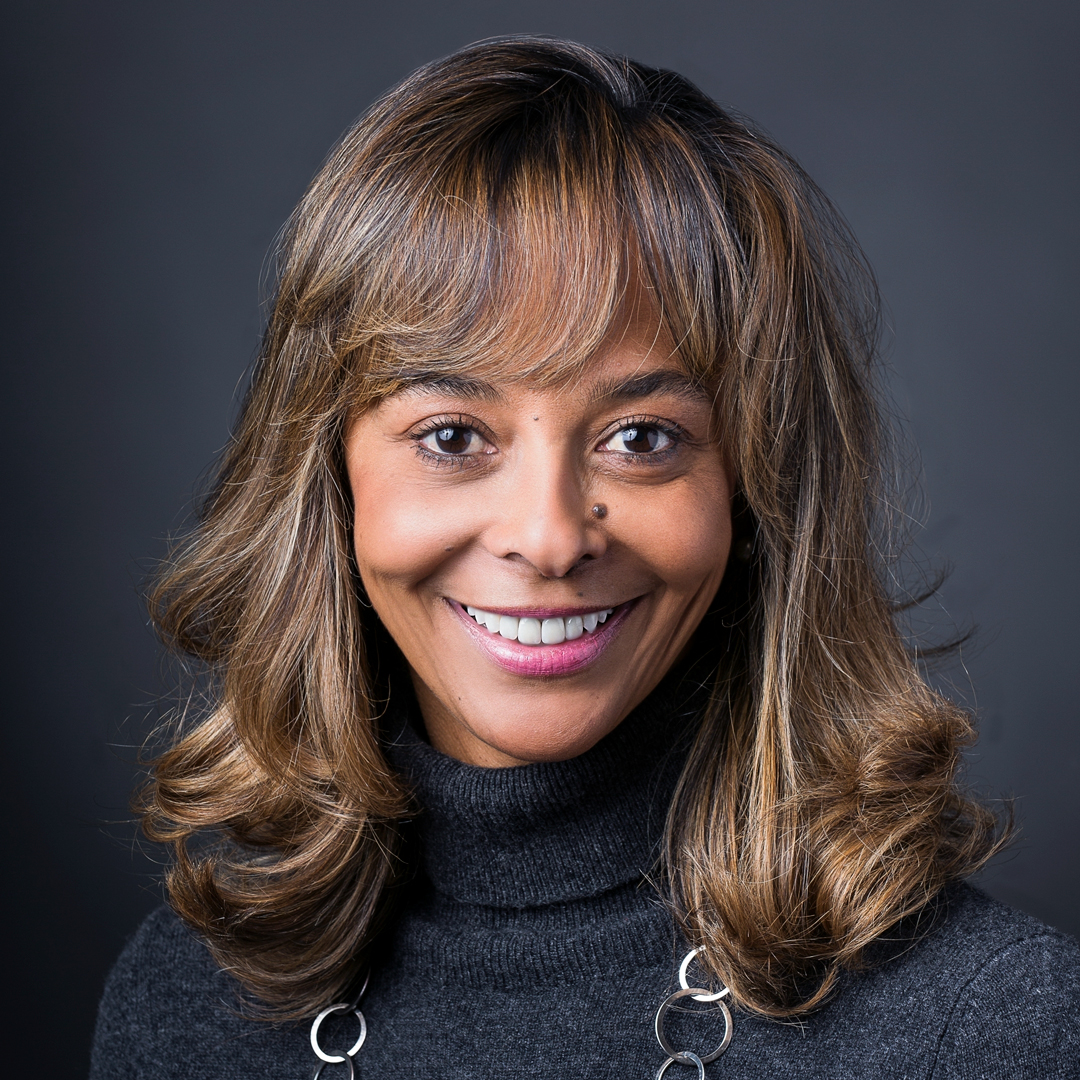Marjorie Zyble is undeniably a GE expert. She has spent the entirety of her professional career across GE’s many business units: GE, GE Capital, GE Oil and Gas, GE Power, and GE Renewables. They’ve provided proving grounds for Zyble’s career growth and, as a result, benefitted from her continuing HR development.

This makes Zyble the perfect person to lead GE Aviation’s cultural transformation as chief talent and culture officer.
She describes the feeling of “being given the keys to the castle” in terms of opportunity to truly grow both her team and the organization. “There is so much white space to create and the opportunity to make something without asking for permission,” she says.
But Zyble downplays her talent expertise. “I’m not a trained talent person. I took a class in grad school twenty years ago,” Zyble says, laughing. “I’m not an expert in the same way that those who have stayed in that area are. What I do bring to the table is a breadth of experience, having seen so many different businesses and business cycles.”
While there were seeds planted before she arrived, Zyble says the ownership and support of all initiatives by those in leadership is helping pave the way for real and lasting change. Driving change comes down to integrity for Zyble. “I was brought up to believe I shouldn’t ask someone to do something that I wouldn’t do myself.”
Zyble’s strategy is clear to Ranjit DeSousa, president of Lee Hecht Harrison. “Marjorie clearly understands that talent is the key to business success,” DeSousa says. “All business leaders could learn from her strategy.”
Creating Space
Zyble speaks comfortably, almost loosely, and has a tendency to tell it like it is. It was a mentality that she had to smooth the edges of when she began her career. As HR leader for GE Renewables, she found herself having to support a boss with whom she found it difficult to see eye-to-eye.
“It was by far the hardest job I’ve ever had,” Zyble remembers. “It was the first time I was in a corporate environment and had to learn to be more flexible and adaptable with my style. Could I still be successful by influencing less directly?”
If her trajectory is any indication, the answer is an overwhelming yes. As she has taken on larger roles, she says it has been a challenge not to engage her team the way she finds more instinctual.
“In the thick of things, I like to engage in passionate discussion and really have a healthy debate. But what I’m learning as I’m in bigger leadership roles is that my participation can actually dampen the discussion,” Zyble explains. “It’s easy to assume that the hierarchy is flat, but especially in Aviation, it’s simply just not the case. I need to create space for my team and help elevate their voices, not necessarily my own.”
“It’s easy to assume that the hierarchy is flat, but especially in Aviation, it’s simply just not the case. I need to create space for my team and help elevate their voices, not necessarily my own.”
A Flourishing Culture
Zyble’s approach is very much in line with GE Aviation’s cultural transformation. “If we want to change culture, we have to shift what we measure, reward, recognize, and adapt all of those little behaviors that affect our day-to-day interactions,” she says.
A recent conversation among her team about “office jerks” comes to mind. “Just because people can be jerks doesn’t mean they’re always jerks—with a few exceptions,” the executive says. “Sometimes it’s a matter of addressing those attributes that make them perceived that way and starting from there.”
In essence, the idea of culture often comes down to repeatable behaviors by both leaders and employees. By making a series of small tweaks, the larger organization will flourish.
The transformation is night and day from when Zyble first came onboard. Zyble says this is a healthy byproduct of realigning the talent assessment process.
“There was already a deep connection with the talent that we grow and build and develop in the organization, and we want to protect that,” Zyble says. “But it’s equally important that we find a balance with the natural bias that comes when you’ve known people a long time. How do we look at a more robust development plan to develop our leaders and how do we take a more quantitative lens focus when we’re looking at talent?”
Talent now has a more focused understanding of the gaps they need to fill in their own experience, she explains, ensuring a wider skill set down the line. To build the organization’s leadership development program, Zyble worked with Hogan Assessments.
“Leadership matters. Marjorie understands the importance of building future leadership capabilities today,” says Christopher J. Duffy, partner at Hogan Assessments. “By integrating Hogan’s quantitative, measurable approach into GE Aviation’s leadership development programs, she has greatly accelerated leadership growth to maximize the organization’s potential.”
“If we want to change culture, we have to shift what we measure, reward, and recognize, and adapt all of those little behaviors that affect our day-to-day interactions.”
Journey of Transformation
With all that Zyble has accomplished, her risk tolerance is probably higher than most HR professionals—it can sometimes mean pushing too hard at the wrong time. “I’ve had to learn to pace myself and slow down, but it can be really interesting when things don’t work,” she explains. “There’s a lot to learn there.”
Learning from failure is one thing, but Zyble expresses a willingness to mull through the wreckage with a desire to grow that seems valuable and rare. It’s a trait that enables her to drive GE Aviation’s cultural transformation—a journey that shouldn’t ever end.
“I see cultural transformation comparable to a product life cycle,” Zyble says. “The past eighteen months or so, we’ve been really building. As we move into the next couple of years, it’s about nurturing and growing and stabilizing what we’ve created. Then, eventually, we’ll plant more seeds and move in new directions. It’s only in complacency that we’ll get passed by.”

